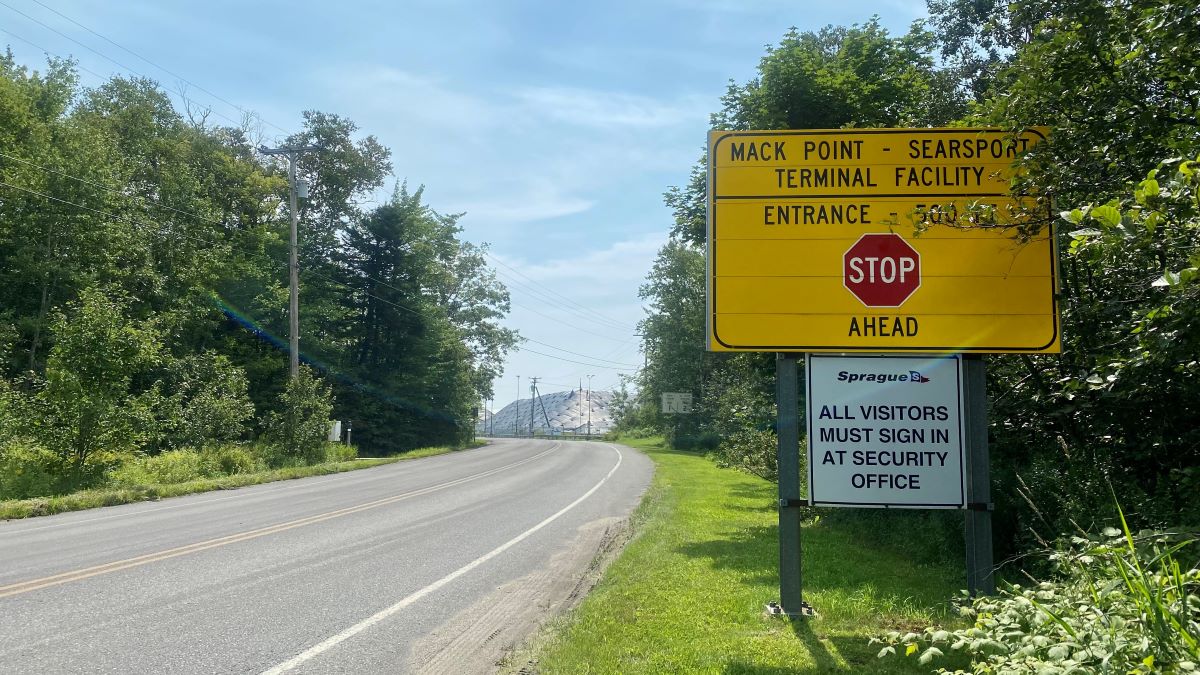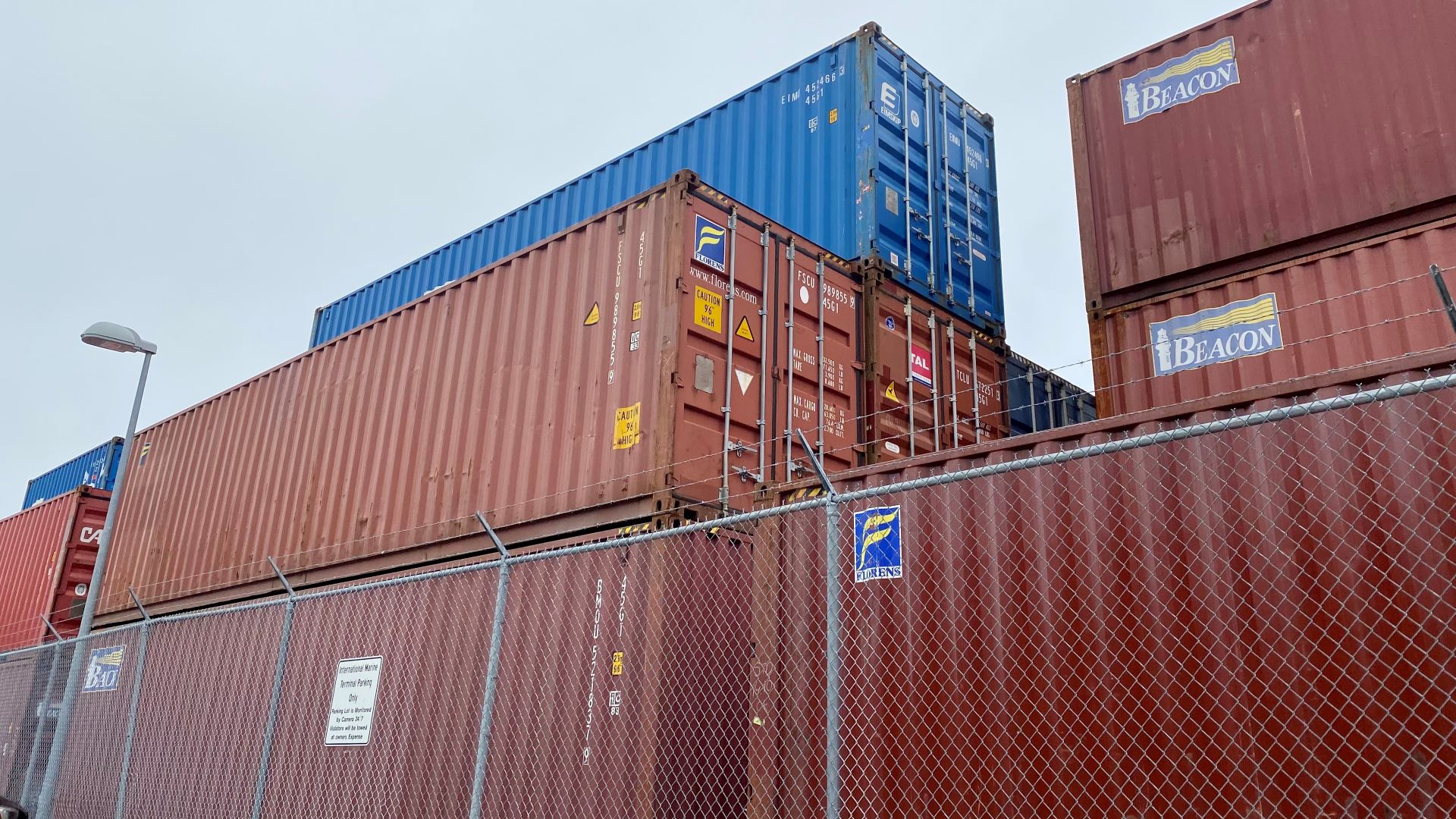AUGUSTA — Xodus Group, a global company with roots in Scotland, has been selected by the Governor’s Energy Office to conduct an analysis of Maine’s ports and supply chain, and their potential to support the development of the state’s offshore wind industry.
Xodus Group, one of the four companies that submitted proposals, is under a conditional contract while terms are negotiated. Xodus’ proposal was the second highest in terms of cost, at $299,500 (others ranged from $160,000 to $1.4 million), but the company has a “good understanding of (the) importance of floating and specific offshore wind (OSW) wind activities in Maine,” wrote evaluators. Xodus has participated in more than 150 similar studies.
The group’s work will be funded by a $2.17 million grant awarded to the Governor’s Energy Office by the U.S. Economic Development Administration last year to help the state develop a roadmap for the offshore wind industry.
The study “will provide a thorough, updated assessment of Maine’s supply chain and workforce needs to support offshore wind – which contains everything from manufacturing, fabrication, engineering, training programs, etc. – to inform the strategies that will appear in the Roadmap,” said Anthony Ronzio, deputy director of the Governor’s Office of Policy Innovation and the Future, in an email.

Xodus is owned by Subsea 7, an international construction firm with $6.3 billion in assets that builds offshore energy construction projects, including in the wind, oil and gas sectors.
“Maine is uniquely positioned to be a global leader in offshore wind, for a variety of factors,” Ronzio wrote. “The Gulf of Maine has among the highest sustained wind speeds in the world, which makes it an abundant, untapped source of clean, renewable energy.”
Ronzio said Maine has several deep-water ports “that could support development of facilities to store, transport and perhaps fabricate offshore wind components. And Maine has the maritime economy and educational institutions that could thrive in an offshore wind industry, on everything from marine research, engineering, manufacturing, shipbuilding, and more.”
Bill Follett, a member of the Maine Offshore Wind Initiative’s Supply Chain, Workforce Development, Ports, and Marine Transportation Working Group, said the state has not moved forward because Maine’s port infrastructure is not in place.
Take Eastport, which is the closest port to Europe, and the deepest natural seaport in the continental United States. It already handles some turbine components for onshore wind farms. Staffing there is a persistent challenge, as is a lack of adequate railroad and highway links to move freight west and north.
“That’s always been the challenge up in Eastport,” said Follett. “Great facility, deep water. How do we get the people there?”

Ronzio said developing the offshore wind industry will require investments in many of the same areas necessary for growth in other industries, including a skilled workforce and broadband internet.
Xodus, which is headquartered in Aberdeen, Scotland, an offshore wind hub, has an office in Boston and has been involved in assessing supply chains in Massachusetts. The group will work with several subcontractors, including BW Research, Karp Strategies and VHB, a Maine-based company.
“One of the things we have to do in Maine is be very clever,” said Stephen Von Vogt, a member of the working group, during a meeting last week. “We have some unique capabilities… There are opportunities we may not be aware of.”
Earlier this summer, Gov. Janet Mills signed a bill banning offshore wind development in state waters, which extend three miles from shore, in a bid to allay concerns of those in the state’s fishing industry.







